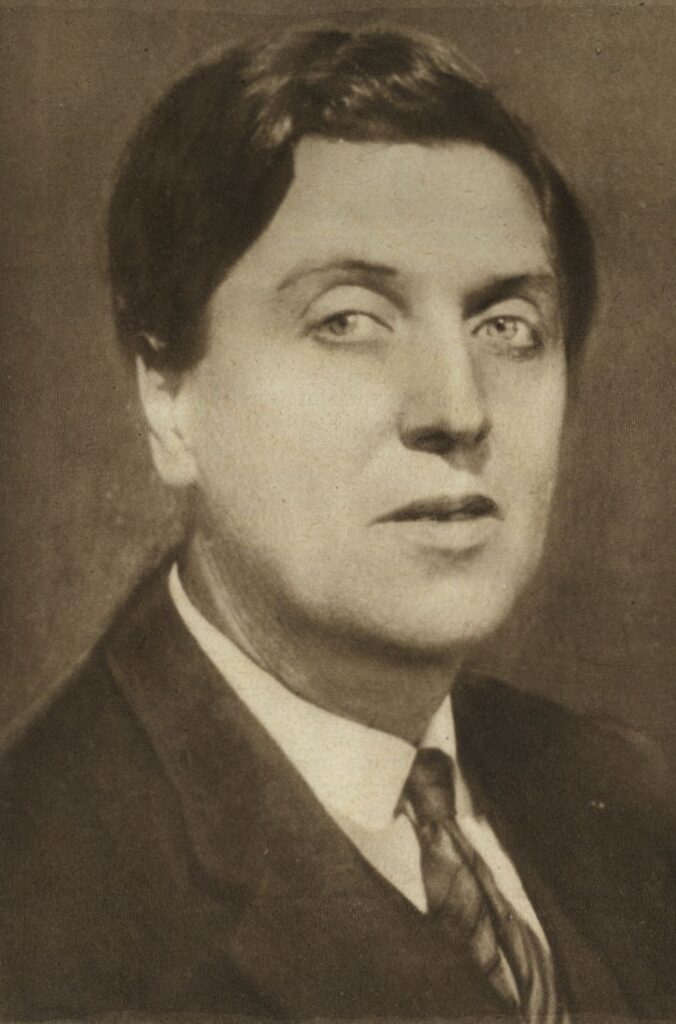BERG: Act III from Wozzeck
by Jeff Counts
THE COMPOSER – ALBAN BERG (1885-1935) – Like so many men of fighting age during the Great War, Berg did his part, even if his eternally frail constitution prevented him from ever experiencing combat. While he worked in the War Ministry of the Austro-Hungarian Army, Berg tried to maintain momentum on the projects he put on hold during the global conflict. He had made a pretty loud splash in 1913 with performances of two of the Five Orchestral Songs, and the ensuing riot involving both performers and listeners (1913 was big year for concert hall fisticuffs, just ask Stravinsky) did nothing to tamp his experimental instincts. Berg had a few more controversial things to say through music, with the most profound of these statements waiting patiently on the tip of his pen.
THE HISTORY – Berg’s first work for the opera stage was Wozzeck, based on an unfinished play by Georg Büchner called Woyzeck (the spelling discrepancy is commonly blamed on Büchner’s terrible handwriting). Büchner died of typhus in 1837 at the age of 23. Woyzeck was his final work and, though incomplete, the fragment that appeared many years later in 1879 predestined the fin de siècle fascination with downtrodden people and their humble, often tragic, lives. In the collection of scenes that would have made up the play, had Büchner been permitted by fate to finish, a poor Army barber (Woyzeck) endures humiliation at the hands of nearly everyone in his life and eventually suffers a mental breakdown that ends in the murder of his girlfriend (Marie). Berg saw the play in Vienna just before the war and began his conversion of the story into an opera immediately. Forced by circumstance to take his time, he didn’t finish the score until 1922. In the end, Berg chose 15 of Büchner’s mini scenes, placed them in order and organized them further into 3 acts. The success of Wozzeck, an unflinching gaze into the abyss of musical modernism and human depravity, baffled Berg, who had to be consoled after the 1925 Berlin premiere. He was reportedly concerned that the audience liked the opera more than they should and he found in their immediate acceptance of his grim verité reason to doubt the sincerity of his efforts. History, it should be said, has found nothing wanting in those efforts and Wozzeck remains one of the 20th century’s most influential works. In Act III, Wozzeck and Marie are enjoying a reflective walk by a pond when he has a fit of rage and stabs her to death. Wozzeck drowns when he attempts to dispose of his knife in the pond the next day and the opera ends with the children of the town making fun of Marie’s son, who is too young to realize what has happened when her body is found.

THE WORLD – Elsewhere in 1925, Mussolini assumed dictatorial control of Italy, British Explorer Percy Fawcett sent his final telegram before disappearing into the Amazon, F. Scott Fitzgerald published The Great Gatsby and The New Yorker magazine released its first issue.
THE CONNECTION – Music from Berg’s Wozzeck has never been performed in concert by Utah Symphony.











